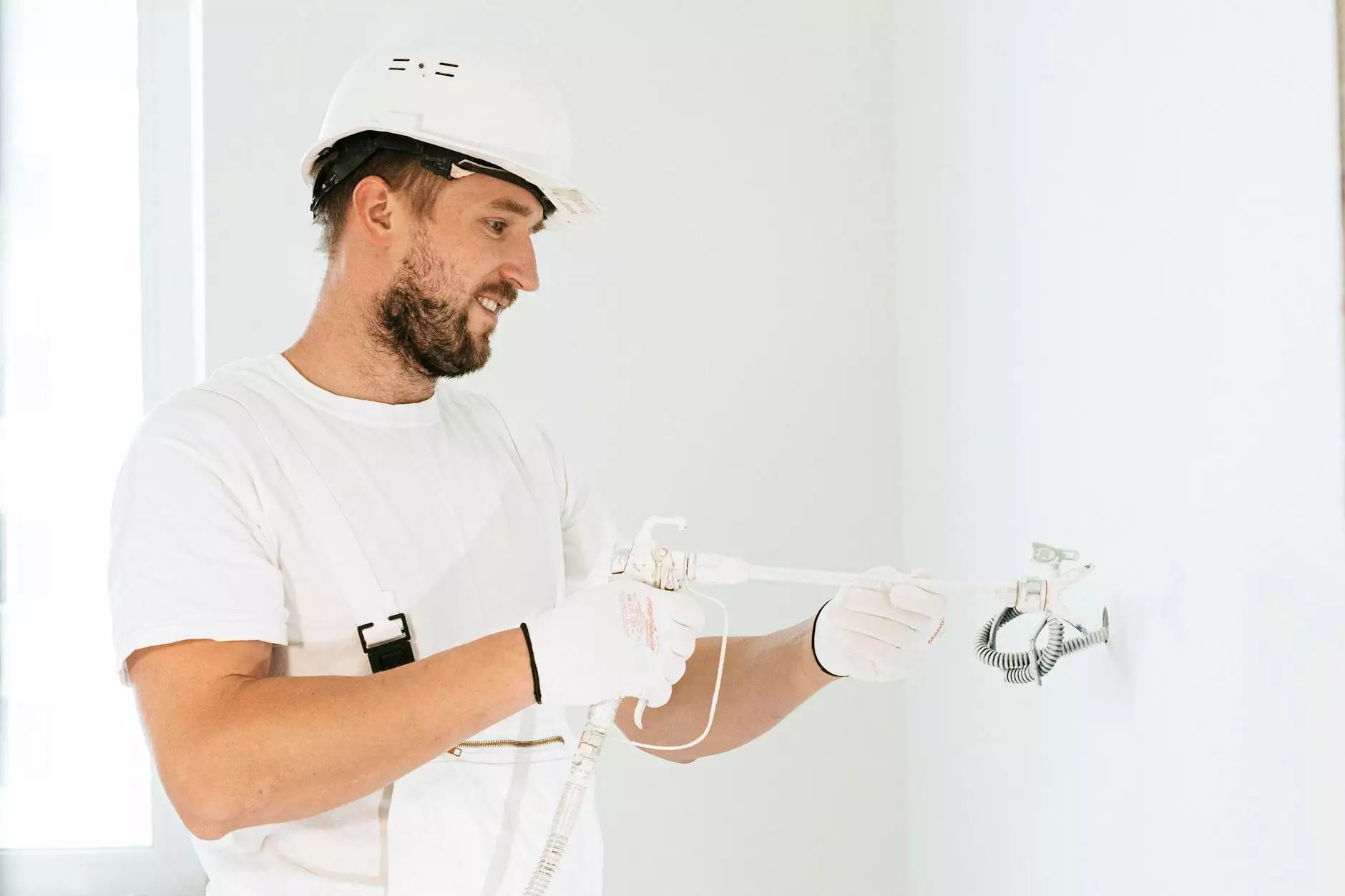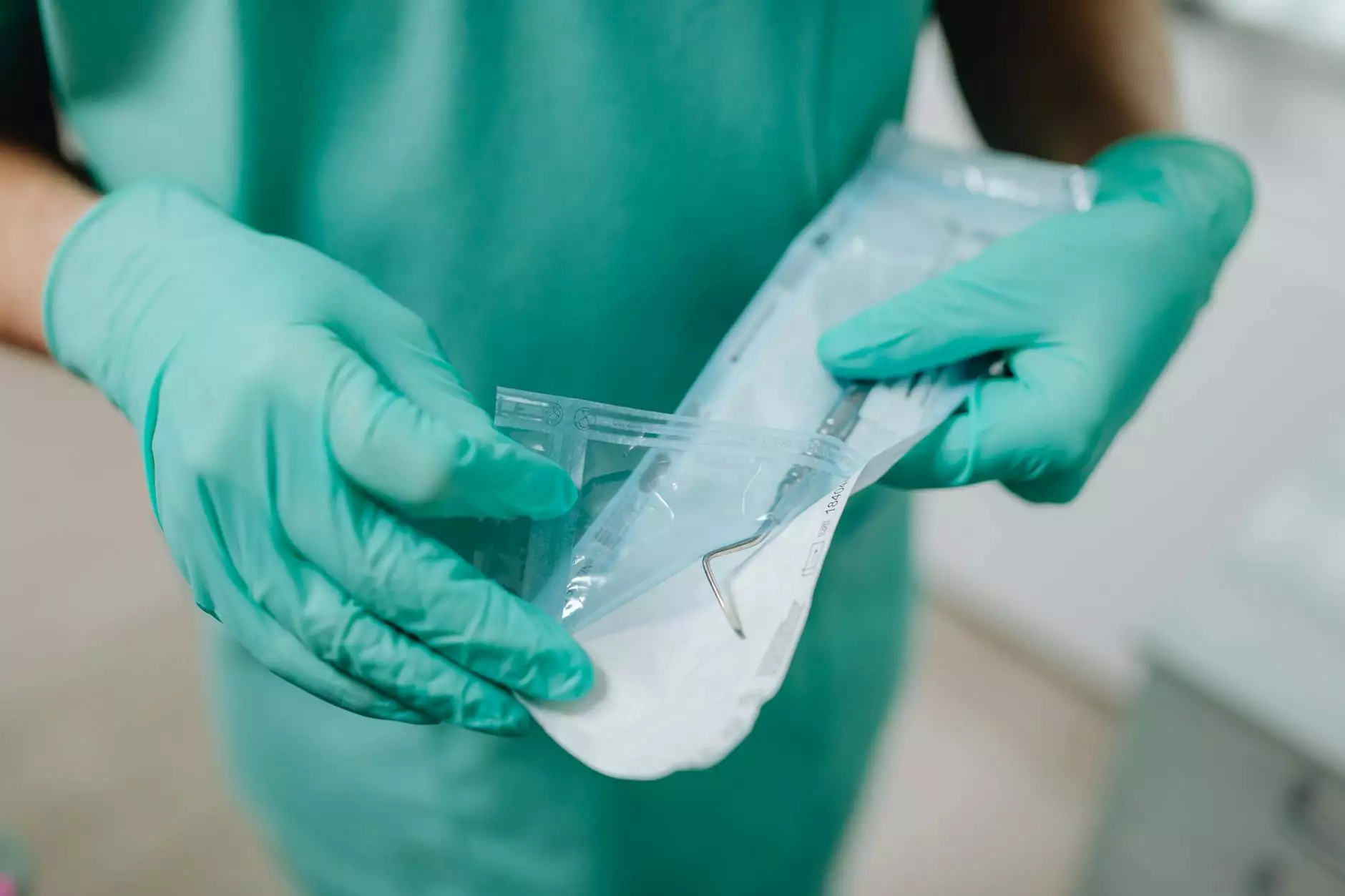The Vital Role of MRI Service Engineers in Healthcare

In today's fast-paced medical environment, the importance of diagnostic imaging cannot be overstated. MRI Service Engineers play a crucial role in maintaining and enhancing the functionality of MRI machines, a cornerstone of modern diagnostic services. This article delves into the profound contributions these professionals make within health and medical centers, ensuring high-quality patient care and operational efficiency.
What is an MRI Service Engineer?
An MRI Service Engineer is a specialized technician responsible for the installation, maintenance, and repair of Magnetic Resonance Imaging (MRI) machines. Their expertise ensures that imaging equipment operates smoothly, remains safe, and consistently produces high-quality images for effective diagnosis. The role requires a blend of technical skills, problem-solving capabilities, and understanding of both engineering principles and medical regulations.
The Importance of MRI Machines in Diagnostic Services
MRI machines are pivotal in the diagnostic services sector, providing unparalleled imaging capabilities to detect various medical conditions. From neurological disorders to musculoskeletal injuries, the ability to visualize internal structures can significantly affect treatment outcomes.
Key Benefits of MRI Technology
- Non-invasive Procedure: MRIs do not involve radiation, making them safer for patients.
- High-Resolution Images: MRI machines produce detailed images, allowing for better diagnosis accuracy.
- Diverse Applications: MRIs are used for various medical disciplines, including oncology, neurology, and orthopedics.
- Quick Diagnosis: With technological advancements, MRI machines provide faster imaging results, expediting treatment plans.
Responsibilities of an MRI Service Engineer
The responsibilities of an MRI service engineer are vast and critical to the smooth functioning of health and medical facilities. Below are the primary tasks they perform:
1. Installation and Setup
Upon the acquisition of a new MRI machine, the MRI service engineer is responsible for its installation and setup. This process involves:
- Assembling various components of the MRI system.
- Configuring software settings to optimize imaging capabilities.
- Conducting initial tests to ensure all systems function correctly.
2. Routine Maintenance
Regular maintenance is vital to prolonging the lifespan of MRI machines. Engineers conduct scheduled inspections, including:
- Calibration of machinery to maintain accuracy.
- Cleaning of internal components to prevent contamination.
- Updating software to enhance performance and security.
3. Troubleshooting and Repair
When an MRI machine malfunctions, it is imperative to diagnose and rectify the issue swiftly. MRI service engineers are skilled in:
- Identifying faults through systematic troubleshooting methods.
- Replacing defective parts with precision and care.
- Implementing solutions that minimize downtime for medical centers.
4. Training Medical Staff
An often-overlooked aspect of the MRI service engineer's role is training medical personnel on safe and effective MRI operations. This includes:
- Educating radiologists and technicians about machine functionalities.
- Demonstrating proper patient handling techniques during scans.
- Providing safety protocols to minimize risks.
Impact of MRI Service Engineers on Patient Care
The work of an MRI service engineer profoundly impacts patient care in several ways:
1. Enhancing Diagnostic Accuracy
When MRI machines function optimally, they produce high-quality images that aid in accurate diagnoses. MRI service engineers ensure that machines are calibrated correctly, which leads to:
- Better detection of abnormalities within the body.
- Fewer false positives/negatives, leading to appropriate treatment plans.
2. Reducing Wait Times
Machine downtime can significantly delay the diagnostic process. By maintaining MRI equipment effectively, service engineers contribute to:
- Faster imaging turnaround times.
- Increased patient throughput in busy medical centers.
3. Ensuring Patient Safety
Patients’ safety during MRI scans is paramount. Engineers play a vital role in ensuring safety by:
- Regularly checking for mechanical issues that could jeopardize patient health.
- Implementing safety measures and patient monitoring protocols.
Challenges Faced by MRI Service Engineers
While the role of an MRI service engineer is rewarding, it is also fraught with challenges, including:
1. Keeping Up with Technological Advancements
With rapid advancements in medical imaging technology, MRI service engineers must continuously update their skills and knowledge. This is crucial for:
- Understanding new software systems and hardware components.
- Implementing cutting-edge techniques to improve machine performance.
2. Navigating Regulatory Guidelines
The healthcare industry is governed by rigorous regulations. MRI engineers must stay informed about:
- Safety standards and compliance requirements.
- Best practices in medical equipment maintenance.
3. Supply Chain Issues
Equipment parts and supplies may sometimes face availability issues. Engineers need to develop strategies to ensure:
- Timely access to necessary components for repairs and maintenance.
- Minimizing equipment downtime due to supply chain interruptions.
The Future of MRI Service Engineering
The future of MRI service engineering is bright, illuminated by advancements in both technology and methods. Here are some promising trends:
1. Increased Automation
As technology evolves, MRI machines will likely incorporate more automation, requiring engineers to adapt to:
- Automated maintenance systems that predict failures before they occur.
- Remote monitoring tools that allow for real-time diagnostics.
2. Growth in Telehealth
Telehealth is transforming the way patients receive care. MRI service engineers will play an important role in managing imaging technologies used in:
- Remote consultations with radiologists.
- Data transmission that ensures image clarity across various platforms.
3. Enhanced Interdisciplinary Collaboration
Future MRI service engineers will need to work closely with medical professionals across various specialties to ensure:
- Optimal integration of imaging services into patient care plans.
- Joint efforts to address patient concerns related to imaging procedures.
Conclusion
In conclusion, MRI service engineers are indispensable assets within health and medical centers. Their dedication to ensuring the functionality of MRI machines underpins the quality of diagnostic services, significantly impacting patient outcomes. As technology advances, their roles will evolve, but their fundamental importance in healthcare will remain as robust as ever. The contributions of MRI service engineers not only enhance the effectiveness of medical centers but also play a pivotal role in the broader landscape of health and medical diagnostics. Investing in the training and development of these professionals is vital, as it directly correlates to improved patient care and operational efficiency.
For those interested in learning more about the services provided by MRI service engineers or seeking professionals in this field, visit Echo Magnet Services for comprehensive solutions.






